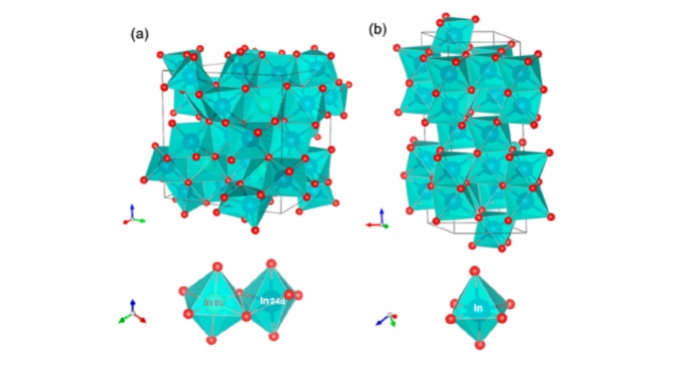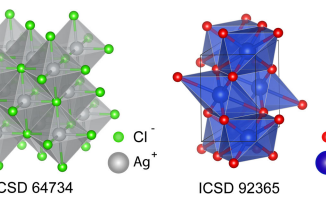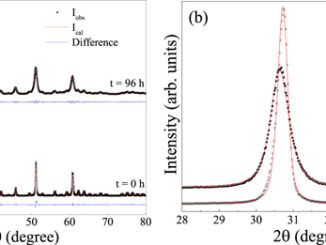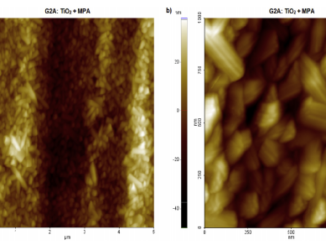
Joint Theoretical and Experimental Study on the La Doping Process in In2O3: Phase Transition and Electrocatalytic Activity
Abstract: In2O3 and La3+-doped In2O3 nanostructures were synthesized through a facile and fast chemical route based on the microwave-assisted hydrothermal method combined with rapid thermal treatment in a microwave oven. The presence of the La3+ doping process modifies the size and morphology of the In2O3 nanostructures and also stabilizes the rhombohedral (rh) In2O3 phase with respect to the most stable cubic (bcc) polymorph. X-ray diffraction (XRD) patterns and Rietveld refinements, Raman, UV–vis, and energy dispersive X-ray (EDX) spectroscopies, transmission electron (TEM) and field-emission scanning electron (FE-SEM) microscopies, as well as PL emissions have been performed. To complement and rationalize the experimental results, first-principle calculations, based on density functional theory, are carried out to obtain the formation energies of the In2O3 and bcc- and rh-In2O3-doped phases, their geometry and electronic properties. Theoretical results are able to explain the relative stabilization of the rh-phase with respect to the bcc-phase based on the analysis geometry changes and the electronic redistribution induced by the La3+ doping process. In addition, Wulff construction is employed to match the theoretical and experimental morphologies of the cubic phase. The synthesized samples were applied for the O2 evolution reaction (OER). The La3+-doped In2O3 film presents superior electrocatalytic activity, with an onset potential lower than the undoped In2O3 film that can be associated with the increase in electron density caused by the La3+ doping process. This study provides a versatile strategy for obtaining In2O3 and La3+-doped In2O3 nanostructures for practical applications.
Author(s): Lemos, S. C. S.; Nossol, E.; Ferrari J. L.; Gomes, E. O.; Andres J.; Gracia, L.; Sorribes, I.; Lima, R. C.
Inorg. Chem.
Published: August 15, 2019




